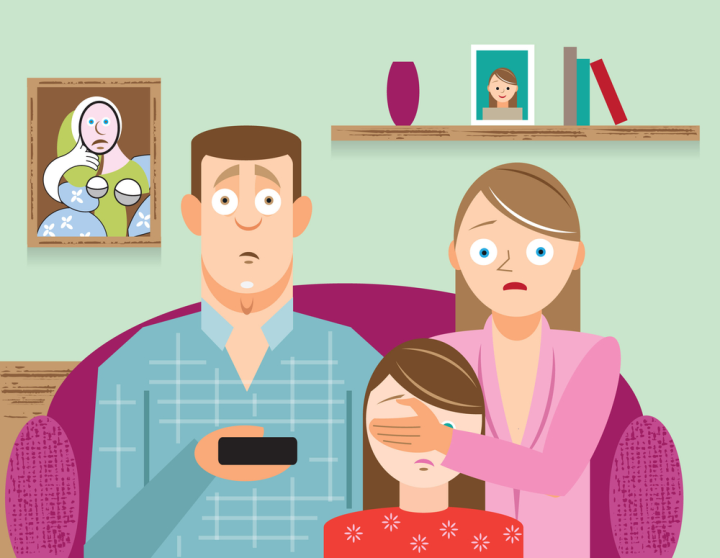– By Mr. Lovekush, from Panchkula
In the majority of cases the people don’t have proper knowledge of sex, contraception, or about sexual health. This could be one of the main contributing factors for being one of the most populated countries in the world. That is also probably why we become a laughing stock, particularly pertaining to the issue of family planning.
As some of us may be aware, Family Planning 2020 (FP2020) is a global partnership programme that supports the rights of women and girls to decide freely for themselves whether, when & how many children they want to have. Its main goal is to increase the use of contraceptives by 74% by 2020. India has also committed to this programme.
I would like to describe a recent experience of my team members and mine. After this experience, we realised that people are not as aware about family planning and contraception, as they need to be. I was approaching young people and requesting them to give me about 10 minutes of their time to discuss their understanding on family planning. We asked a couple about the same, and they called us crazy. When we asked them why would they say that, they looked slightly embarrassed to talk about this. We asked them about FP2020, but they said had not heard of it or seen any advertisement or hoarding on it. We asked the couple about the number of children they had. They said they had four small children. They were clearly unaware about contraceptive methods. The woman (wife) also looked a little fragile and weak. On being asked about it, she confessed that it was because she had recently delivered her fourth child. We asked them if they were aware about contraceptive care or spacing methods. They said that they did not know about how to access these services. At that point we provided them with some essential information about family planning and told them about the woman’s ill health being due to lack of birth spacing.
We realised that Comprehensive Sexuality Education (CSE) and family planning are still rarely discussed topics and there is a severe need to openly discuss the same. It is important that the youth in our country are provided with proper education on family planning. On speaking to more young people on these issues, they suggested that large-scale awareness programmes, seminars, videos, blogs, and Television advertisements must be initiated to impart correct knowledge to people on the need for family planning.









